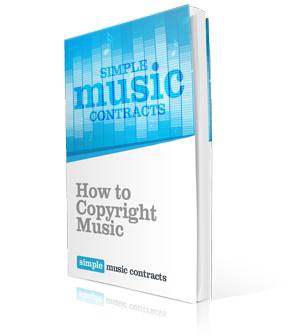 Just a few years ago, Forbes magazine listed both Master P and Sean “Diddy” Combs amongst the top 20 highest paid celebrities, earning $56.5 million and $53.5 million, respectively. And those figures only account for one year of earnings. Not bad money for a couple of record producers.
Just a few years ago, Forbes magazine listed both Master P and Sean “Diddy” Combs amongst the top 20 highest paid celebrities, earning $56.5 million and $53.5 million, respectively. And those figures only account for one year of earnings. Not bad money for a couple of record producers.
Of course, those kinds of earnings are also not the norm for producers. Various sources report the median salary of music producers to be around $45,000 a year, while many toil away for $20,000 or less (even free) as they build clients, experience and, sometimes, their own studios. Being a producer means being a business. While the glamorous side of production finds record producers overseeing recording sessions, advising bands and figuring out how to get that “perfect sound,” the less attractive portion of the job involves figuring out how to pay for all the gear you need for that “sound,” finding bands to fill out the studios schedule so you can pay your electric bill and just getting your name out there for future business.
When it is time to start a session, it’s important to get the legal issues out of the way before the recording begins. As with almost every aspect of the music industry, the first thing that needs to be in place is a contract. The contract between a producer and a band is extremely important since the producer-band relationship varies so much from session to session. Just exactly how “hands-on” the producer will be needs to be established in the contract: Will the work be exclusively on the actual recording process, or will it include supervising the project all the way through the mastering stage?
Next, the contract needs to stipulate how the producer will be paid. Some producers work for a flat fee, some work for points, and some work for a combination of both. A point equals one percent of income from a record sale, so the more points a producer has on a record, the more royalties he or she will receive on each record sold. An important (and often overlooked) stipulation to the point system is that some contracts guarantee the points on the dealer price for a record, while some points are based on the retail price.
Perhaps just as important as how the producer will get paid is who will be doing the paying. The contract should clarify before the recording starts whether it will be the band paying the producer, if a record company is taking care of it or if there is another party involved (i.e. investors, etc.). Also, if the producer is receiving a flat rate from one of these sources, there should be a clause stating whether that fee will be paid in advance, at the completion of recording, or a combination of both.
Obviously, producing doesn’t just consist of sitting behind a mixing board and guiding some faders, it involves a lot of behind the scenes work and a clear business plan. No one will become the next Rick Rubin or Mutt Lange overnight, but with a dedicated work ethic, knowledge of the business, the right equipment, the right contacts and maybe just a little bit of luck, you could be headed in their successful direction.

